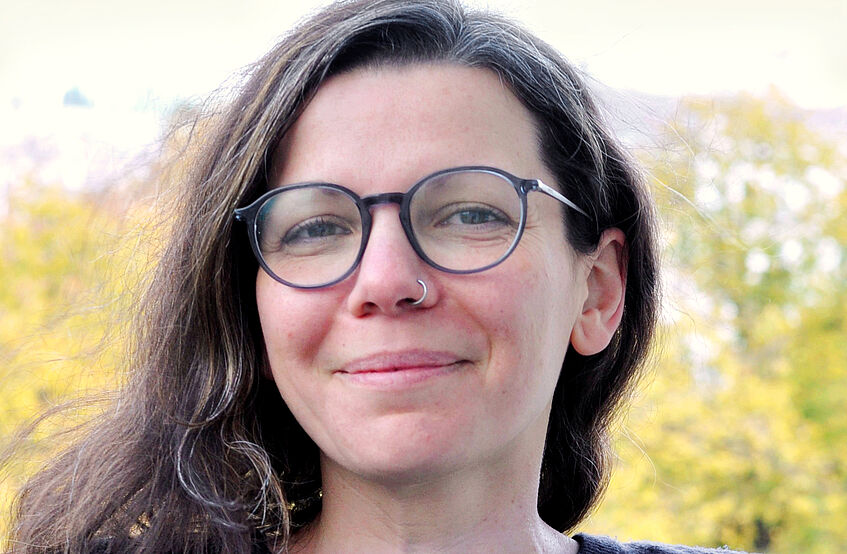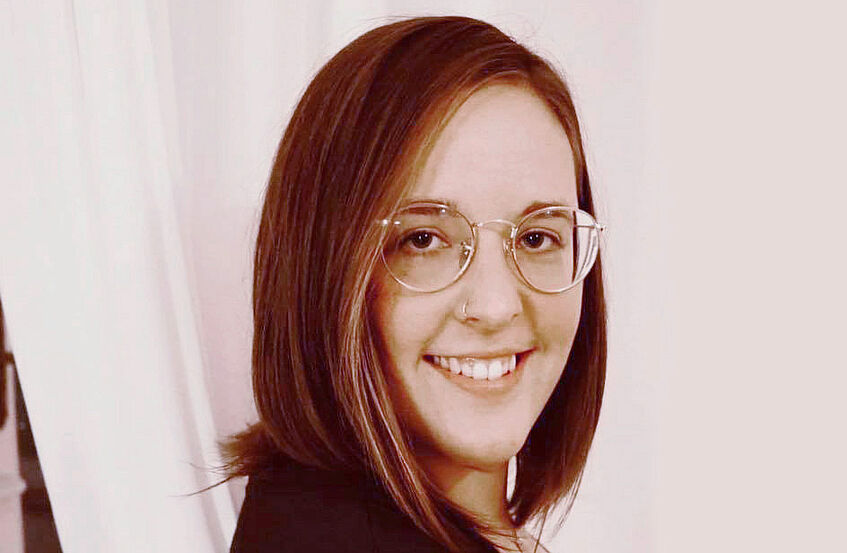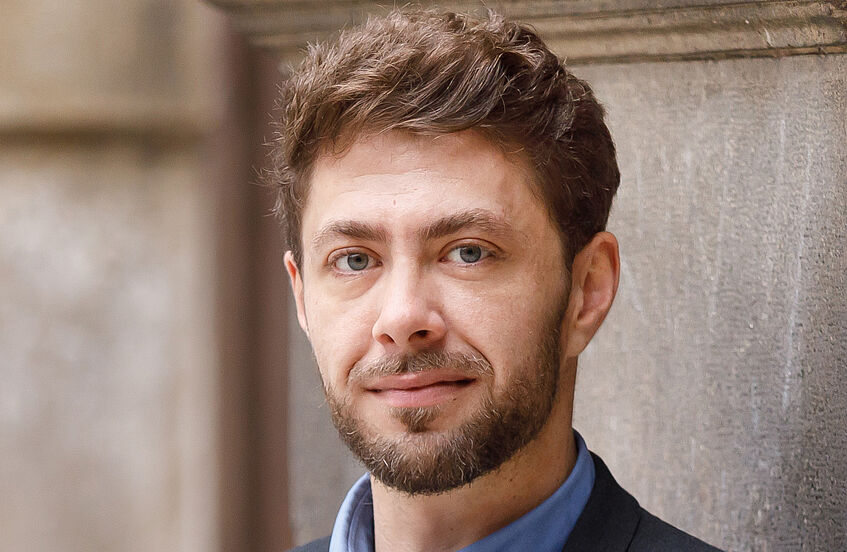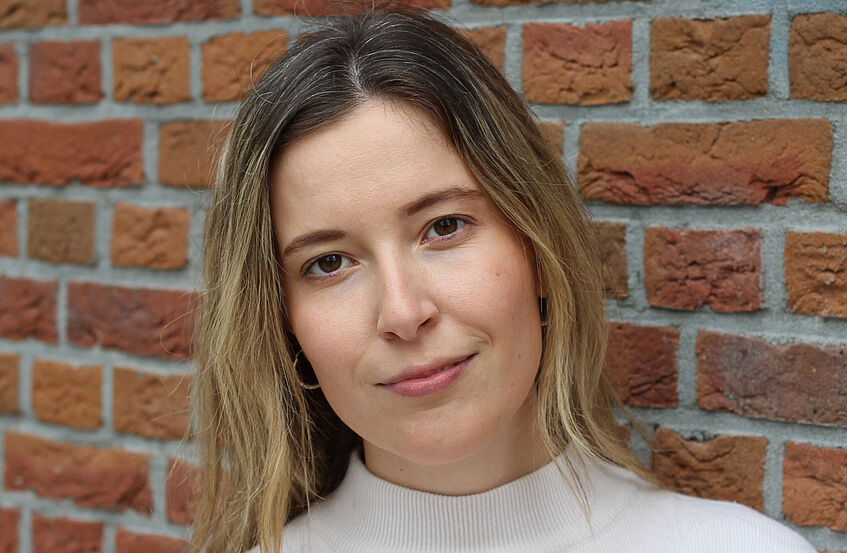sowi:docs Fellows 2020
Tatjana Boczy
The changing rules of local welfare: Territorial disparities and welfare policy institutions in times of new social risks in Austria and the United Kingdom
Research field: sociology
Supervisors: Yuri Kazepov, Alan Scott (external)

My research investigates how new social risks affected welfare regime institutions in subnational localities of Austria and the United Kingdom after 2008. Welfare regimes, particularly (un)employment policies, are under pressure from new social risks. Norms and legitimation logics for these social policies might have changed since Esping-Anderson introduced his typology of how welfare is organised according to institutional and cultural norms. Within the multilevel governance of the EU, also the increased contact with each other across national borders might have influenced the organisation of welfare institutions. While scholars identify instances of path dependencies, isomorphism or gradual transformation in the organisation of welfare policies, territorial differences within countries are often neglected. Using these concepts of institutional change, I analyse the organisation and discursive legitimation of local welfare systems represented in (un)employment policies affected by new social risks from work relations, austerity, demographics and – newly – climate change.
Methodologically, institutional mapping, strategy documents and key policy actor interviews cover both structural conditions and agent influences from national to local scales. They provide the multi-set data for analysing possible changes of rules and norms in welfare institutions. Ultimately, a twofold comparison between countries as well as between subnational levels will provide insight into mechanisms of (local) welfare regimes. Thereby, the research will not only contribute to a better understanding of the (changing) processes of welfare policies within multilevel governance but also refine the awareness of territorial differences within countries and possible similarities across them.
Marlene Persch
Becoming a state actor: Prison officer training in Accra, Ghana
Research field: social and cultural anthropology
Supervisor: Tatjana Thelen

Weberian ideals of the neutrality and loyalty of civil servants are globally widespread images that often form the basis for a deficiency discourse of the civil service in the Global South. While much work has been done on the state consciousness of civil servants in the social sciences, the process of becoming a state actor has not been addressed. When looking at the question on how a unified ethos is produced, Ghana is an interesting case to study as existing research with civil servants (including my own), has shown that despite diverse affiliations (e.g. ethnic, religious), Ghanaian civil servants have a strong commitment to the ‘good of the nation’. Because the prison is an important part of ‘the’ state, I look at the development of norms and values in the training of Ghanaian prison staff. My project combines anthropological approaches to state, related debates on bureaucracy and the civil service, and prison ethnographies. Rather than presupposing ‘the’ state, I join theoretical strands from state studies and relational theorising by emphasising that interactions and connections between actors are important in state formation processes.
Martin Wallner
Nursing as a “social programme”? A critical analysis of Theory-based Evaluation as a methodology to promote scientific progress in the research of complex nursing interventions
Research field: nursing science
Supervisor: Hanna Mayer

Intervention effectiveness research plays an essential role in knowledge production for an evidence-based and safe nursing practice. Despite a plethora of guidance available to develop and evaluate complex nursing interventions, it remains methodologically challenging. As an alternative to traditional research designs, theory-based evaluations (TBE) have been proposed as a promising way forward. TBE, however, is conceptually and methodologically demanding. The aim of this doctoral thesis is to conduct a critical analysis of TBE as a methodology to promote scientific progress in the research of complex nursing interventions. It poses the question whether nursing intervention can be conceptualized as a social programme, as premised in TBE. Furthermore, this thesis addresses the question of the programmatic nature of nursing, which is characterized by tacit knowledge. Moreover, this thesis attempts to explore how programme theory, the crux of TBE, can be constructed to be used as a heuristic device for the evaluation of nursing interventions. To answer the research questions, a methodological analysis will be conducted, by reconstructing research practices regarding complex nursing interventions, drawing on evidence from the literature as well as the candidate’s own research practice. This is followed by critical appraisal and suggestions for an improved nursing research practice.
Teresa Elena Weikmann
Getting real with fakes: Characteristics, causes and consequences of ‘deepfakes’ in democracies
Research field: communication
Supervisor: Sophie Lecheler

‘Deepfakes’ are a form of artificial intelligence programmed to make people say things they never intended to. As such, they have entered the sphere of political communication, constituting a dangerous form of disinformation. In an era of post-truth politics, they appear threatening to democracies, as they offer seemingly visual proof of things that never happened. While research so far has mainly focused on the technological aspects of detecting them, few have tested effects of deepfakes on political and media trust. There is little knowledge of their origin and what actual threat can be expected from deepfakes. By combining literature from computer science, disinformation and fake news as well as visual communication, this project will first build an underlying interdisciplinary framework. By conducting interviews with international experts from various disciplines, the causes of political deepfakes will be identified. Moreover, two experiments with a factorial design will be conducted to systematically study the consequences of deepfake exposure. Considering various dimensions of deepfakes such as source cues, types of correction and level of sophistication, this project’s goal is to offer practical advice to journalists and politicians on how to effectively assess and combat deepfakes in the future.
Further information
- sowi:docs Fellowship Programme
